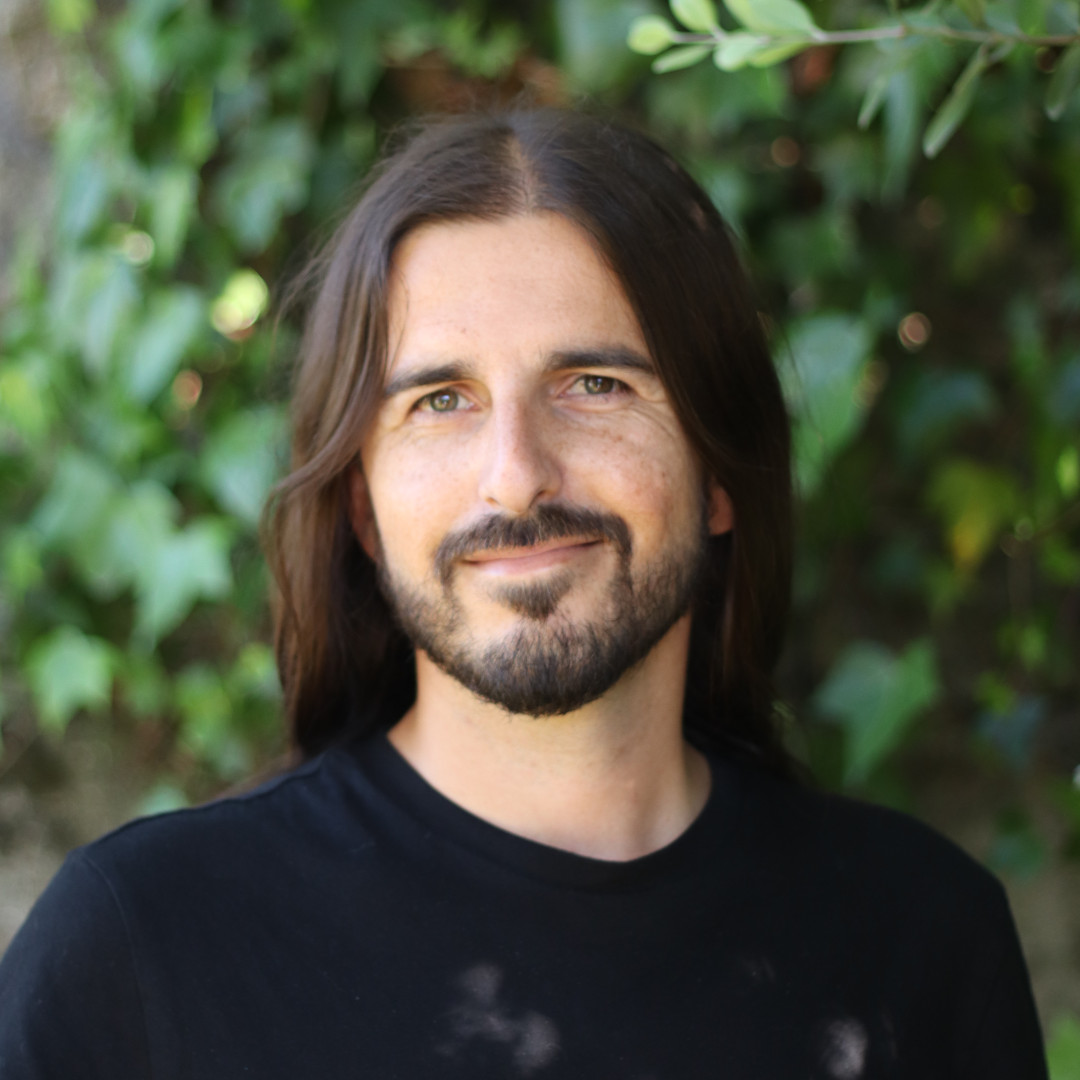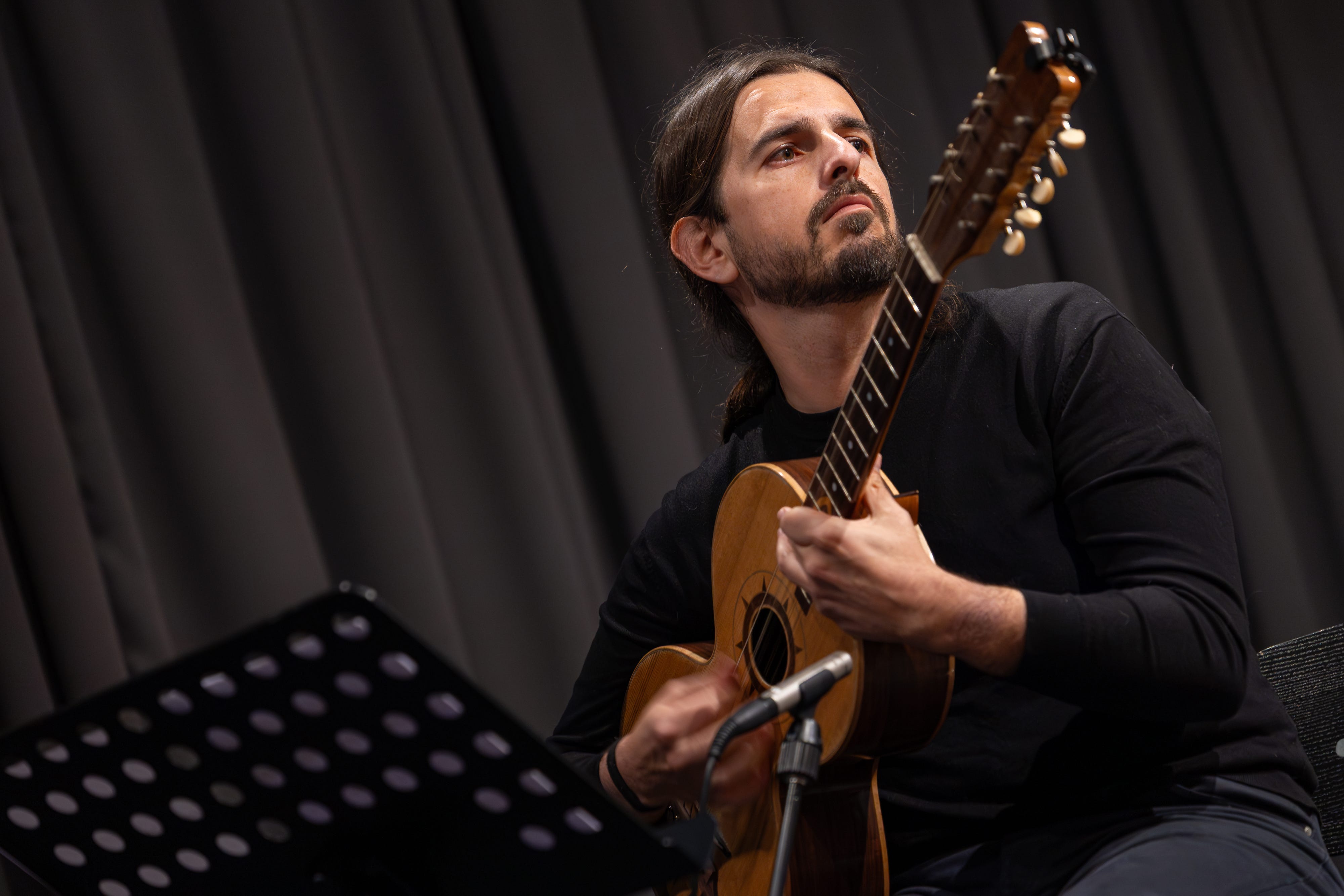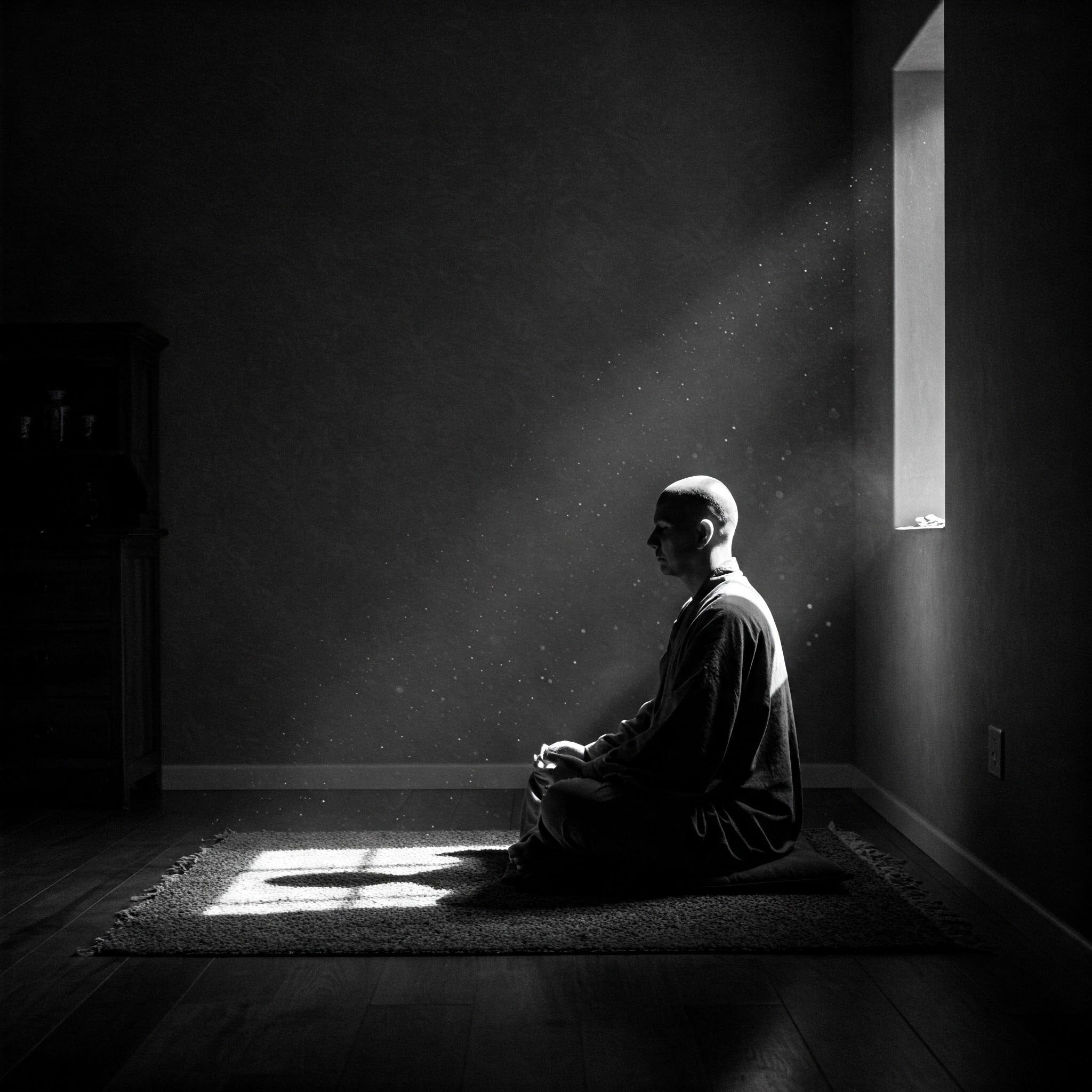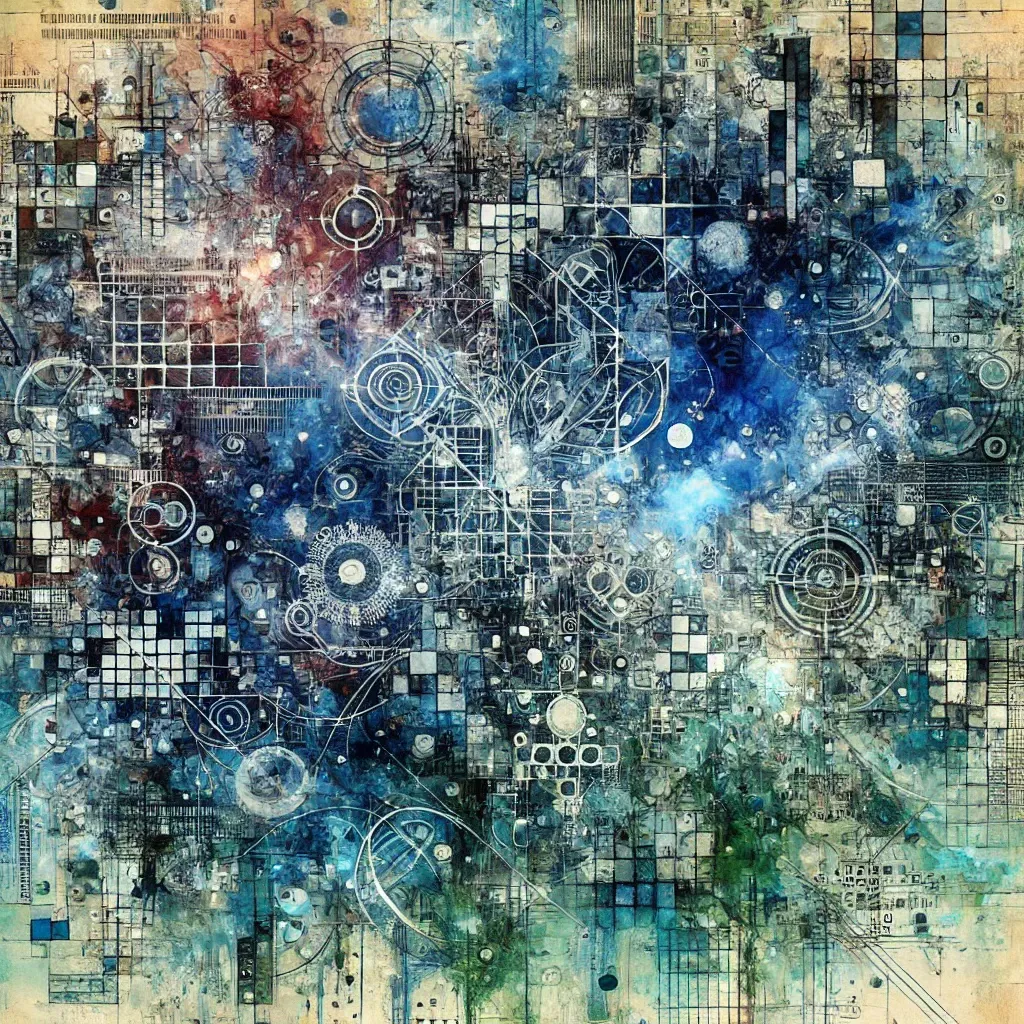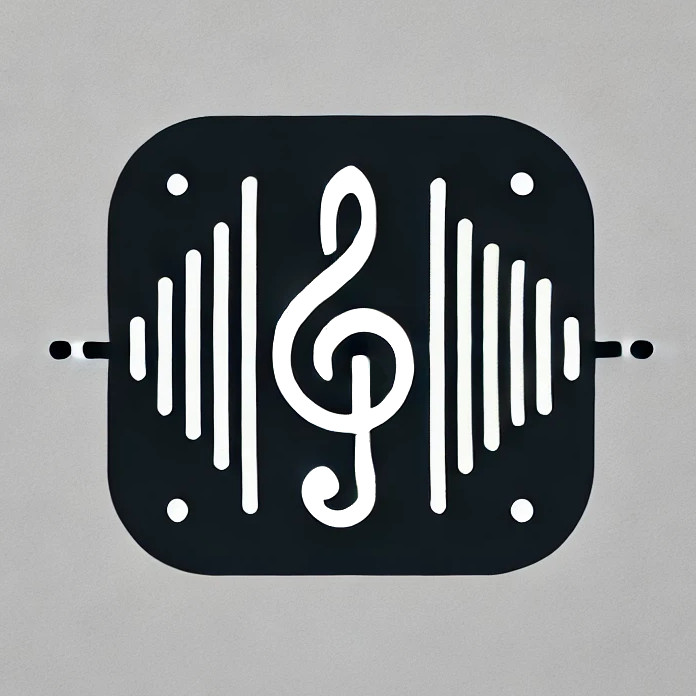Amplified Silence #1 - AI won’t silence us
Welcome to the first issue of Amplified Silence, a monthly exploration of sound and listening. I’m Óscar Rodrigues, a musician and educator from Porto, Portugal and, each month, I’ll share with you an essay (in the section called The Long Rest), three recommendations for things to listen, read, or watch (Harmonic Triad) and a list of upcoming events of my own (Signal Boost). Thank you for reading.
AI won’t silence us
Artificial Intelligence stands at a strange crossroads in 2025. It’s ubiquitous, yet still far from reaching its full potential. What’s clear is that it will profoundly impact our lives, even more than it already has - from how we work and communicate to how we think and create music. Creative professionals across all disciplines are understandably concerned. By offering a faster and cheaper way to generate creative works - whether text, images, or music - while simultaneously flooding the market with AI-generated content, there’s a genuine risk of devaluing creative work across the board.
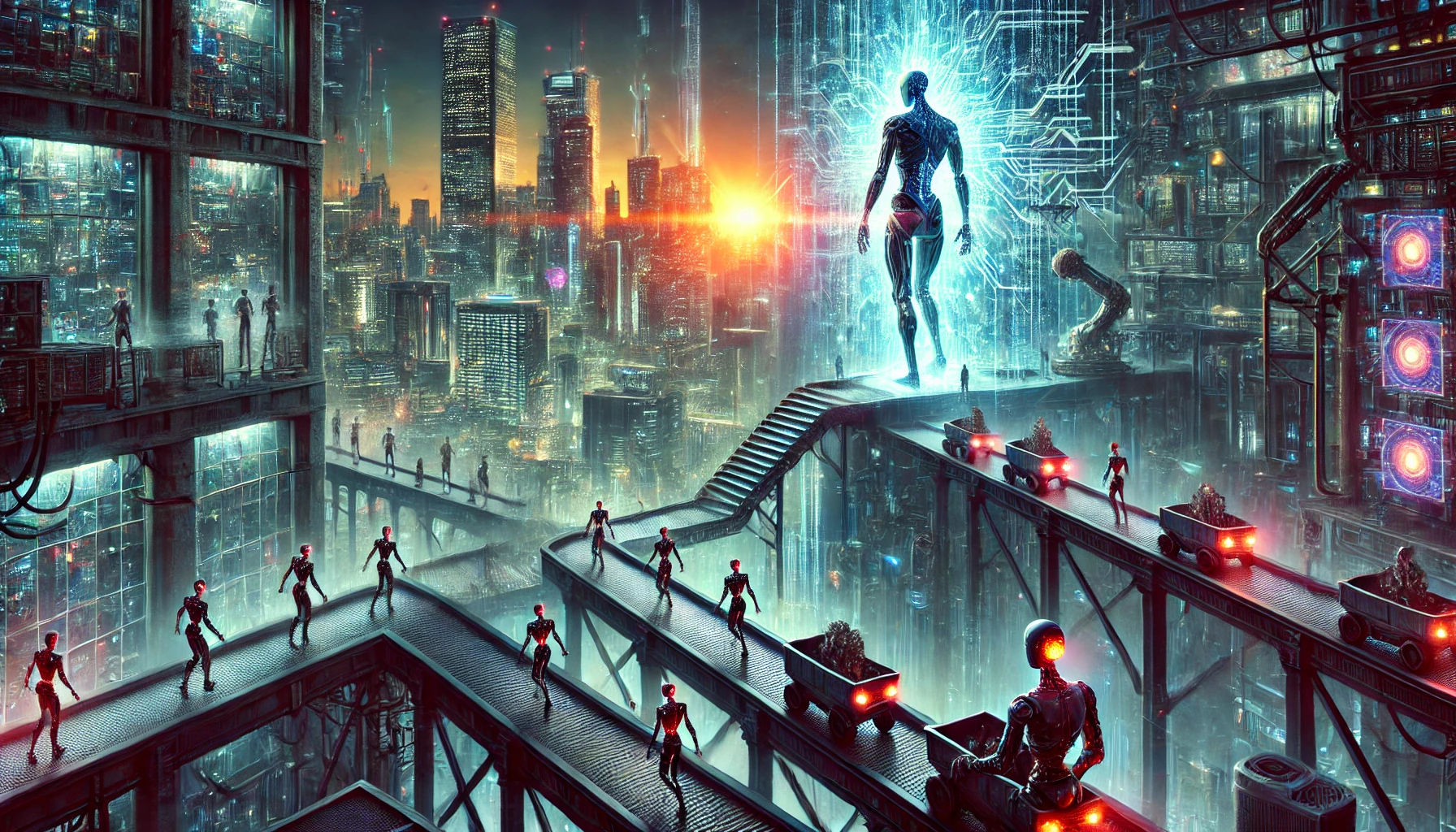
Making music is an intricate and nuanced process, and AI faces distinct technical challenges when it comes to generating music and sound. These limitations, and the fact that music is a deeply personal and, at the same time, cultural experience, help explain why AI music generation currently lags behind text and image generation. But the question is no longer whether AI will be capable of creating music - be it as symbolic notation, like scores, or as audio files - that’s indistinguishable from compositions made by very talented artists. It’s a question of when it will be able to do so. And that is a terrifying thought, because we’ve grown used to thinking about music precisely as the product, that is, the score or the audio. But music is, in fact, much more than that.
Christopher Small’s Musicking has been one of the most transformative books in my musical journey. I remember I read it at a time when I was still studying contemporary classical music composition (the proper one, with paper and pencil). Back then, my goal was clear: to become a respected composer writing for European orchestras and ensembles, making a living through my scores. I didn’t know it at that time, but that was never going to happen in that way exactly.
Around 2012, I began leading workshops and focusing more on teaching, which led me to facilitate creative projects with an incredibly diverse range of people - from those with special needs to young children, from individuals experiencing homelessness to those from disadvantaged backgrounds, as well as seasoned musicians. Through these experiences, I discovered that music-making serves as a vital cornerstone of most cultures, with an extraordinary power to unite people regardless of their skill level. I found profound beauty in the simplest musical expressions when played genuinely. Rather than seeing myself as a composer I became part of a community. Most significantly, I realized I found far more joy in this collaborative approach to music-making than in solitary composition for unnamed musicians. Small’s Musicking’ helped me organize my thoughts and to understand why I felt that way.
His central thesis is revolutionary yet intuitive: music is fundamentally a process and activity, not a product or object. When we engage in music-making, we forge new relationships - with our fellow musicians, with ourselves, and with music itself. Through this process, we explore our values, identities, and even our political views. Small argues that everyone involved plays a vital role, from composer to audience, performers to producers. The concept of musicking reveals music’s essential purpose: to affirm, challenge, or transform human connections. And that is something that AI, no matter how good it gets, cannot take away from us.
AI can’t replace the joy of learning or playing an instrument, though it can produce more virtuosic results than any human. It can’t replicate the feeling of connection when singing with others, despite its perfect intonation. It can’t capture the sense of belonging we feel in a concert hall, even if it can generate high-resolution images that place us virtually there. And it can’t match the empathy we feel watching a human performer on stage, though it can perfectly mimic the sounds they make.
Humans will keep on making music by themselves, and AI won’t silence us. But these are not, however, good news for the music business. Or, put another way, these are not good news for professional musicians. This subtle difference comes from the fact that people will continue to make money selling and licensing music, it’s just that musicians are making relatively less money when compared to the streaming platforms and, in the future, tech companies running the generative algorithms.
I believe that the fact that the human aspect of music-making is irreplaceable is already shaping the music industry and will do so even more. But in order for musicians to keep on making a living, we will need to democratize music, focusing on smaller and participatory projects, on the active involvement of different communities, and to have more time for leisure and for making music. I’m not sure that we are heading toward a more democratic and free society, however. And these changes also question traditional roles, such as those of the composer and the performer, and many professional musicians aren’t ready to accept that.
For me, the future of music lies not in perfection, but in participation. While AI continues to advance in its ability to generate flawless compositions and performances, it paradoxically reminds us of what makes human music-making truly valuable: our imperfections, our connections, and our shared experiences. The challenge ahead isn’t just about adapting to new technology, but about preserving and nurturing these spaces where music can continue to serve its most fundamental purpose - bringing people together in the act of creation, regardless of their technical prowess. Perhaps, in this way, AI isn’t just disrupting the music industry - it’s forcing us to rediscover what music means, by showing us - and flooding the market with - what it isn’t.
See you soon,
Óscar
Harmonic Triad
Three monthly recommendations of things to listen to, watch, or read.
Nils Frahm - Paris
Paris is the new live album by Nils Frahm, released in December 2024, just over a month ago. After several playthroughs, what stands out is Frahm’s remarkable duality as both a captivating live performer and a meticulous composer. His music achieves that rare balance of accessibility and complexity – immediately beautiful yet filled with subtle intricacies that reward repeated listening. The fact that he’s the only performer on stage is mind blowing. This mastery comes from years of dedication not just to his craft as a musician, but also as an artisan who has carefully developed and refined his own instruments and performance setup. The result is a uniquely personal sound that could only emerge from this deep investment in both the technical and artistic aspects of his work.
Jon Fosse - Trilogy
Each January 2nd I begin a new book – a personal tradition that led me this year to Jon Fosse’s Septology, following my journey through his Trilogy in 2024. Fosse’s writing achieves a rare balance: though minimalist in style, it reaches extraordinary emotional depths. His prose flows smoothly carrying the reader through repeated phrases and rhythmic passages that feel more like music than literature.
What I like the most in Fosse’s work, however, is his masterful use of negative space. Like a skilled painter who knows when to leave the canvas untouched, he crafts meaning through what remains unsaid. His introspective writing seeks out light in darkness, yet never forces it on the reader. Instead, they create deliberate ambiguities – gaps that invite readers to weave their own interpretations into the fabric of the story. This delicate balance between guidance and freedom, between spareness and depth, marks Fosse as a singular and exceptional artist.
Retimbrar - Coisas da Minha Terra
Though I’ve played with several members of Retimbrar, in different projects, it was through my daughter that I rediscovered their song Coisas da Minha Terra. She had fallen in love with the all-female ensemble Sopa de Pedra , and while searching for similar traditional-inspired Portuguese music, I found this track from Retimbrar’s 2022 album Levantar do Chão , that I missed back then. The connection was natural – Sara Yasmine, who sings in Sopa de Pedra , is also Retimbrar’s lead vocalist.
The song is very simple yet very beautiful. There’s an authenticity in it that’s hard to achieve in composed - not traditional or popular - music. But it’s the lyrics that really speak to me: a plaintive questioning about a Portuguese village – do the pine trees still crown the mountains? Do birds still fill the air with song? Does water still flow on the creek and from the fountain? Do people still gather to sing and share stories? Do flowers still bloom and do herds still graze? The chorus becomes a plea, begging não me digas que não é assim - don’t tell me it’s not like that.
These words resonate with profound personal meaning. They mirror the exact laments I heard from my grandparents about their village in Alentejo. As a child, walking those streets with them, I struggled to understand their sense of loss – everything seemed so alive, so present to me. But today, especially on this January 15th, the anniversary of my late uncle (who was born on that village) I do know that their mourning was never just for places, but for people. In reality, they were mourning for the people who are no longer with us, whose absence transforms even the most unchanged landscape into something irrevocably different. This intersection of place, memory, and loss speaks to something quintessentially Portuguese, hard to explain except through music.
Signal Boost
Upcoming Events
18 january 2025 @ Casa da Música: Promenade - Músicos de uma Exposição
A concert curated and programmed by me, at Casa da Música, where four musicians (Ana Conceição, Jorge Queijo, José Diogo Martins, and Mané Fernandes - with the direction of Miguel Bastos) will be playing in four different rooms connected to one another. The audience will have to circulate in order to listen and to see everything.
25 january 2025 @ Casa da Música: Caminhos Cruzados = Terreno Comum
A concert from Ensemble Improvável, a group we created at my team - Digitópia - made of musicians who also have other activities. The concert will explore the relationship between music and the other aspects of their lives.
14 and 15 february 2025 @ Casa da Música: Vejam Bem
This is a film concert, with short films made by elementary school children from around Porto and coordinated by Anilupa. One of those films, “ O Mural da Liberdade “ was created for the premiere of this project, in 2024, and it is about the portuguese revolution - 25 de Abril de 1974. This film recently won an award at the Camera Zizanio Film Festival.
The music for all the films is original, and performed live by ourselves.
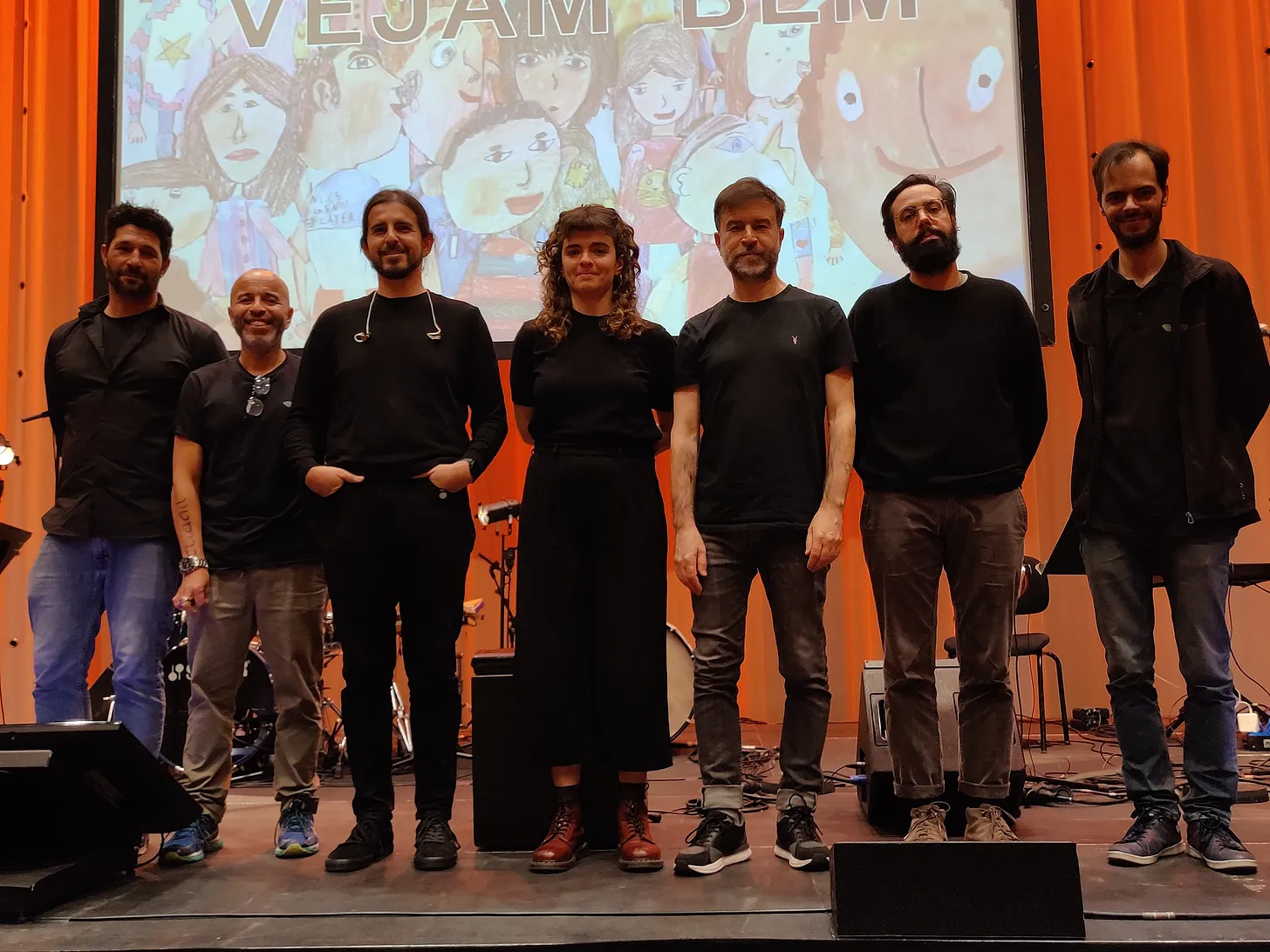
18 february 2025 @ Casa da Música: The Cabinet of Dr. Caligari/Wolfgang Mitterer’s Symphony of Craze
Another film concert, with Wolfgang Mitterer’s score for Robert Wiene’s The Cabinet of Dr. Caligari (1920). We’ll be performing the electronics together with Remix Ensemble conducted by Nacho de Paz.
